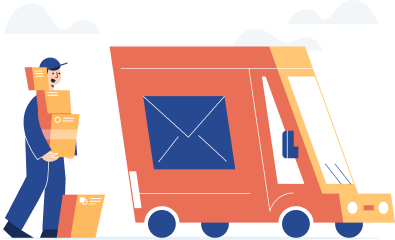What Is Application Virtualization and Can It Help You?
Application virtualization is a viable solution for enterprises…
A Practical and Effective Guide to Hard Drive Shredding
Have unused hard drives lying around and are not too sure what to do…
Featured
Marketing News
Top 8 Artificial Intelligence Trends
The term Artificial Intelligence or AI has been the main buzzword of the technology field in the past couple of…
What Is Application Virtualization and Can It Help You?
Application virtualization is a viable solution for enterprises who’d like to facilitate remote workers…
Connect
Stay in the Loop

Hand-Picked
Top Weekly News
the Cloudware Exclusive
Free Guides
the latest
Recent Articles
Top 8 Artificial Intelligence Trends
The term Artificial Intelligence or AI has been the main buzzword of the technology field in the past couple of years or so. This is…
What Is Application Virtualization and Can It Help You?
Application virtualization is a viable solution for enterprises who’d like to facilitate remote workers and employees working…
A Practical and Effective Guide to Hard Drive Shredding
Have unused hard drives lying around and are not too sure what to do about it? If reuse and/or resale isn’t possible, then…
Top 7 Startup App Development Companies
If you’re a business seeking to incorporate apps into your business processes, you need to find the best app development companies…
Staff Augmentation for Banking & Financial Services
The financial and banking sector is among the key pillars of any economy. Thus, periodic needs to expand the existing team arise…
Hybrid Cloud Security: 10 Steps to Build Your Strategy
There is growing adoption of cloud computing in businesses. Maybe your company already uses the cloud. It has made security an…















